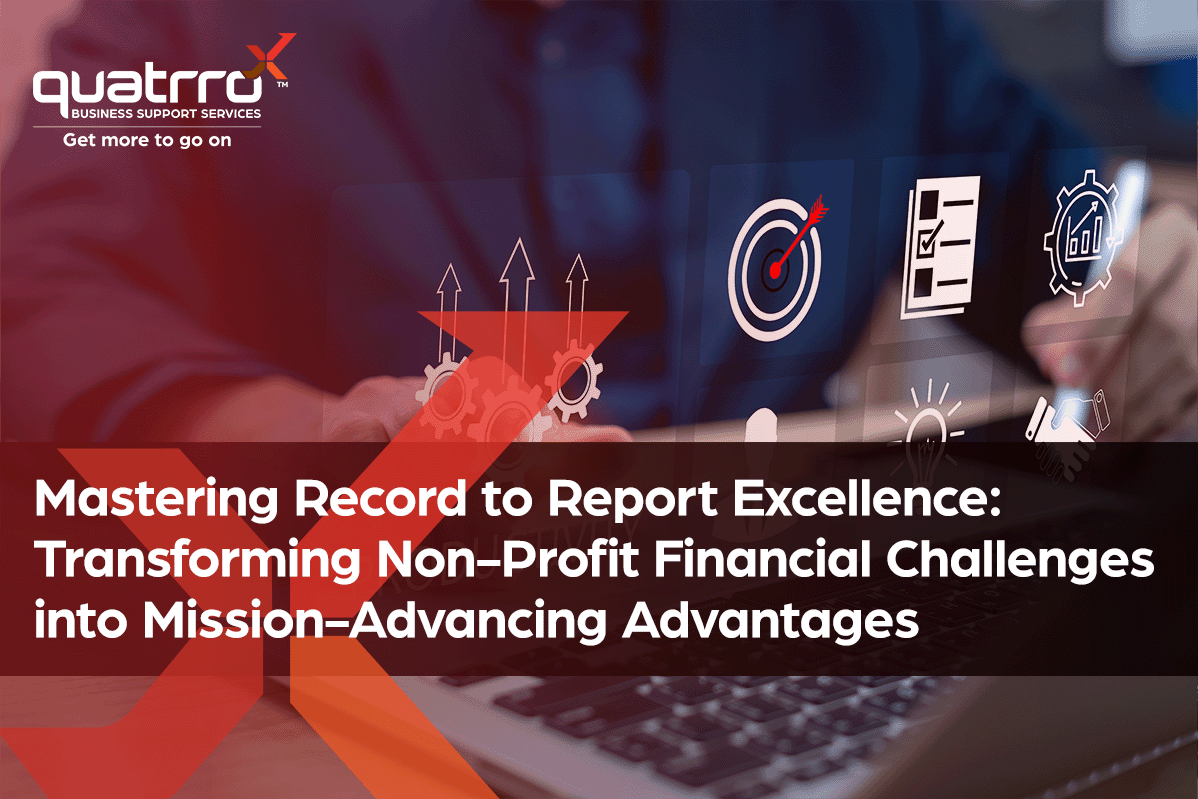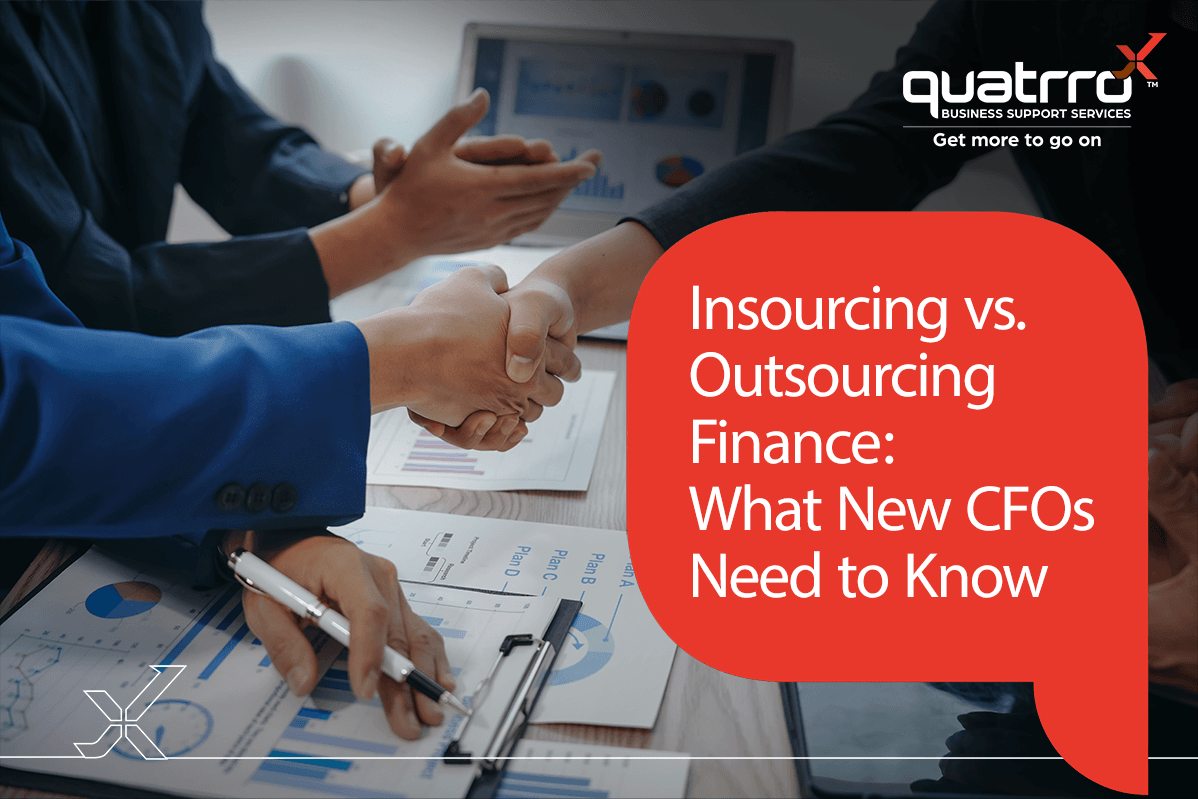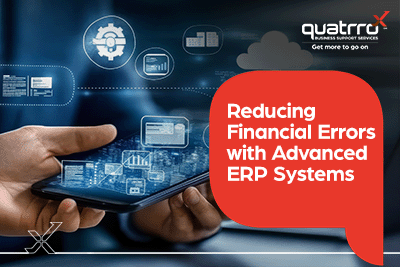Blog Details
Mastering Record to Report Excellence: Transforming Non-Profit Financial Challenges into Mission-Advancing Advantages
August 21, 2025

The record to report process forms the backbone of financial management for non-profit organizations, encompassing everything from initial transaction recording through final financial statement preparation. For Non-profits, this process requires specialized approaches that address unique regulatory requirements, diverse funding sources, and stakeholder accountability demands. Understanding these challenges and implementing strategic solutions can transform financial management from a compliance burden into a mission-advancing advantage.
Strategic Solution: Deploy specialized fund accounting approaches with automated restriction tracking and intelligent allocation capabilities. Configure your Chart of Accounts with class and location tracking for seamless fund segregation while maintaining consolidated reporting. Implement real-time restriction monitoring with automated alerts preventing compliance violations and standardized inter-fund transfer procedures with comprehensive audit trails.
Strategic Solution: Create integrated record to report workflows that automatically capture grant-specific data and generate compliant reports. Establish centralized grant tracking with custom fields for each funder’s requirements, enabling automatic expense categorization and budget monitoring. Implement template reporting systems that populate from financial data and compliance calendars with automated reminders for all reporting obligations.
Strategic Solution: Leverage automation and strategic partnerships to enhance capabilities without proportional cost increases. Deploy cloud-based systems with automated reconciliation and workflow management. Strategically outsource specialized functions like grant compliance and audit preparation while implementing cross-training programs and comprehensive process documentation to reduce vulnerability to staff turnover.
Strategic Solution: Build automated reporting workflows providing appropriate information to different stakeholder groups. Develop stakeholder-specific dashboards with real-time metrics access and automated donor impact reports connecting contributions to outcomes. Create board reporting that translates fund accounting into actionable insights and program-level cost accounting demonstrating efficient resource utilization.
Strategic Solution: Implement advanced forecasting and reserve management tools providing visibility into future cash needs. Develop rolling twelve-month models incorporating historical patterns and grant cycles with probability-weighted revenue projections. Create automated tracking for reimbursement schedules with early warning systems for cash flow gaps and establish clear reserve policies balancing operational needs with stakeholder expectations. Additionally, organizations should plan strategically for surplus generation as a critical component of financial sustainability. Building planned surpluses enables nonprofits to invest in growth opportunities, weather unexpected challenges, and strengthen their long-term mission impact. Learn more about why your nonprofit should budget for profit and how surplus planning can transform your organization’s financial health.
Strategic Solution: Establish year-round compliance management maintaining audit readiness throughout the fiscal year. Implement automated reminder workflows for regulatory deadlines across all jurisdictions and monthly closing procedures maintaining audit-ready documentation standards. Develop proportionate internal controls satisfying regulatory expectations while supporting effective board governance through regular compliance updates and policy review schedules.
The key lies in recognizing record to report services as foundational systems supporting strategic decision-making, stakeholder engagement, and mission achievement rather than mere compliance requirements. By implementing comprehensive solutions addressing nonprofit-specific challenges, organizations redirect more resources toward programmatic impact while maintaining financial integrity and stakeholder transparency.
Modern record to report excellence requires integrated approaches combining specialized technology, strategic partnerships, and process optimization. Organizations investing in these capabilities position themselves for sustainable growth while maintaining the accountability and transparency their stakeholders demand.
Ready to Transform Your Non-profit’s Record to Report Services?
Quatrro Business Support Services (QBSS) specializes in comprehensive record to report solutions designed specifically for non-profit organizations. Our team of non-profit experts provides tailored technology implementations, automated grant tracking systems, compliance reporting tools, and strategic financial management support. We help non-profits streamline their record to report processes while ensuring full compliance and stakeholder transparency, allowing you to focus more resources on your mission-critical work.
Contact QBSS today to discover how our specialized Non-profit record to report services can transform your financial management and support your organization’s growth and impact.
CHALLENGE 1: Complex Fund Accounting and Restriction Management
Non-profits must navigate intricate fund accounting where multiple funding streams carry varying restrictions. Organizations simultaneously track temporarily restricted funds for specific purposes, permanently restricted endowments, and unrestricted operational funds. This complexity intensifies when managing dozens of grants and donations, each with unique stipulations about allowable expenses and reporting requirements. Administrative costs must be allocated across programs according to different funders’ formulas while maintaining GAAP compliance.Strategic Solution: Deploy specialized fund accounting approaches with automated restriction tracking and intelligent allocation capabilities. Configure your Chart of Accounts with class and location tracking for seamless fund segregation while maintaining consolidated reporting. Implement real-time restriction monitoring with automated alerts preventing compliance violations and standardized inter-fund transfer procedures with comprehensive audit trails.
CHALLENGE 2: Grant Compliance and Reporting Complexity
Government and foundation funders impose sophisticated reporting requirements with unique templates, deadlines, and compliance standards. Federal grants require uniform guidance compliance covering allowable costs and procurement standards, while private foundations impose different restrictions on overhead and outcome reporting. Organizations need real-time grant spending visibility and comprehensive documentation supporting every expenditure throughout the grant period, not just at reporting deadlines.Strategic Solution: Create integrated record to report workflows that automatically capture grant-specific data and generate compliant reports. Establish centralized grant tracking with custom fields for each funder’s requirements, enabling automatic expense categorization and budget monitoring. Implement template reporting systems that populate from financial data and compliance calendars with automated reminders for all reporting obligations.
CHALLENGE 3: Resource Constraints and Operational Efficiency
Most Non-profits operate with tight budgets limiting investment in sophisticated financial infrastructure, yet require complex record to report capabilities. Limited accounting personnel creates situations where program staff assume financial responsibilities without specialized training. Outdated systems require manual processes that consume staff time while increasing error risk. The pressure to minimize administrative overhead creates a paradox where organizations need sophisticated systems but face criticism for infrastructure investment.Strategic Solution: Leverage automation and strategic partnerships to enhance capabilities without proportional cost increases. Deploy cloud-based systems with automated reconciliation and workflow management. Strategically outsource specialized functions like grant compliance and audit preparation while implementing cross-training programs and comprehensive process documentation to reduce vulnerability to staff turnover.
CHALLENGE 4: Stakeholder Transparency and Accountability
Today’s stakeholders expect unprecedented financial transparency with clear connections between funding and outcomes. Donors demand real-time utilization information beyond annual reports, while board members need sophisticated dashboards for fiduciary oversight. Organizations must translate complex fund accounting into formats non-accounting professionals can understand while balancing transparency with operational efficiency.Strategic Solution: Build automated reporting workflows providing appropriate information to different stakeholder groups. Develop stakeholder-specific dashboards with real-time metrics access and automated donor impact reports connecting contributions to outcomes. Create board reporting that translates fund accounting into actionable insights and program-level cost accounting demonstrating efficient resource utilization.
CHALLENGE 5: Cash Flow Management and Financial Sustainability
Non-profits experience irregular revenue patterns with concentrated fundraising periods and grant cycles creating significant cash flow challenges. Unlike businesses with predictable revenue, non-profits must coordinate restricted fund availability against operational requirements while managing timing differences between awards and expenditures. Organizations must balance adequate reserves with stakeholder expectations about minimal cash holdings and fund utilization efficiency.Strategic Solution: Implement advanced forecasting and reserve management tools providing visibility into future cash needs. Develop rolling twelve-month models incorporating historical patterns and grant cycles with probability-weighted revenue projections. Create automated tracking for reimbursement schedules with early warning systems for cash flow gaps and establish clear reserve policies balancing operational needs with stakeholder expectations. Additionally, organizations should plan strategically for surplus generation as a critical component of financial sustainability. Building planned surpluses enables nonprofits to invest in growth opportunities, weather unexpected challenges, and strengthen their long-term mission impact. Learn more about why your nonprofit should budget for profit and how surplus planning can transform your organization’s financial health.
CHALLENGE 6: Regulatory Compliance and Audit Readiness
Nonprofits operate within complex regulatory environments requiring ongoing federal, state, and local compliance while needing to maintaining near-continuous audit readiness. The IRS Form 990 demands sophisticated program expense categorization and governance documentation. Organizations receiving significant federal funding must comply with Single Audit requirements. State registration varies across jurisdictions, which can also create multi-state compliance challenges with different deadlines and requirements.Strategic Solution: Establish year-round compliance management maintaining audit readiness throughout the fiscal year. Implement automated reminder workflows for regulatory deadlines across all jurisdictions and monthly closing procedures maintaining audit-ready documentation standards. Develop proportionate internal controls satisfying regulatory expectations while supporting effective board governance through regular compliance updates and policy review schedules.
Transforming Record to Report Services into a Mission-Critical Advantages
Effective record to report services for Non-profits require strategic approaches that transform financial management into mission-advancement tools. Organizations successfully addressing these challenges create critical advantages through improved efficiency, enhanced stakeholder confidence, and stronger sustainability.The key lies in recognizing record to report services as foundational systems supporting strategic decision-making, stakeholder engagement, and mission achievement rather than mere compliance requirements. By implementing comprehensive solutions addressing nonprofit-specific challenges, organizations redirect more resources toward programmatic impact while maintaining financial integrity and stakeholder transparency.
Modern record to report excellence requires integrated approaches combining specialized technology, strategic partnerships, and process optimization. Organizations investing in these capabilities position themselves for sustainable growth while maintaining the accountability and transparency their stakeholders demand.
Ready to Transform Your Non-profit’s Record to Report Services?
Quatrro Business Support Services (QBSS) specializes in comprehensive record to report solutions designed specifically for non-profit organizations. Our team of non-profit experts provides tailored technology implementations, automated grant tracking systems, compliance reporting tools, and strategic financial management support. We help non-profits streamline their record to report processes while ensuring full compliance and stakeholder transparency, allowing you to focus more resources on your mission-critical work.
Contact QBSS today to discover how our specialized Non-profit record to report services can transform your financial management and support your organization’s growth and impact.
Latest Insights
Related Blogs
Contact Us







